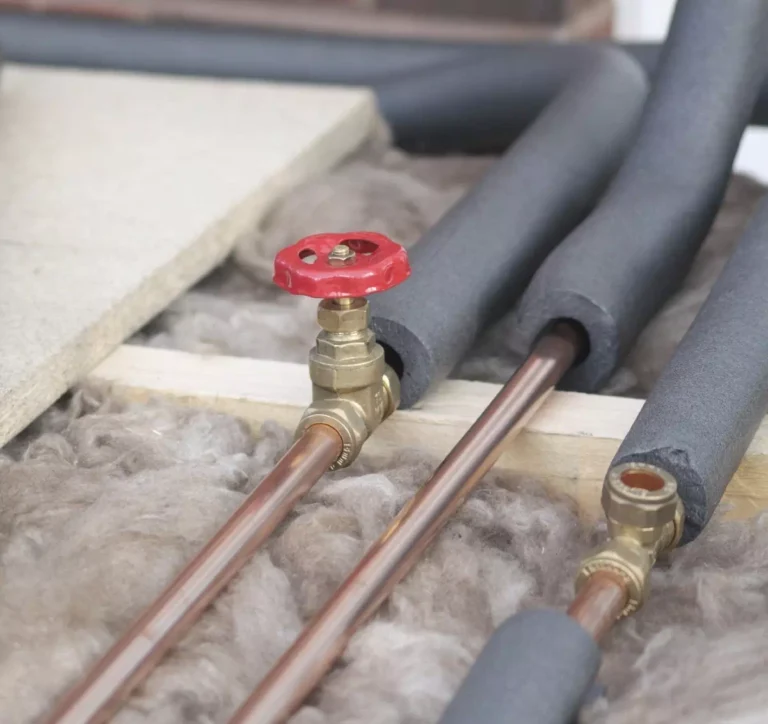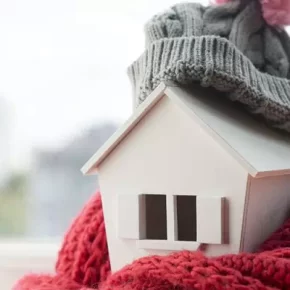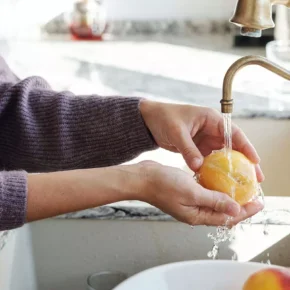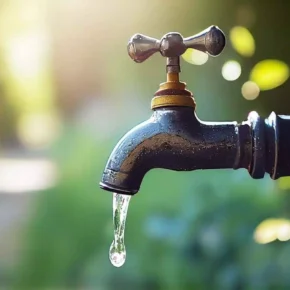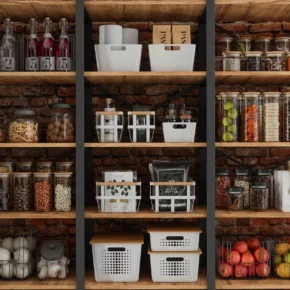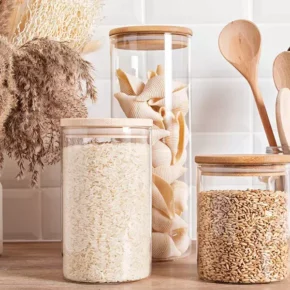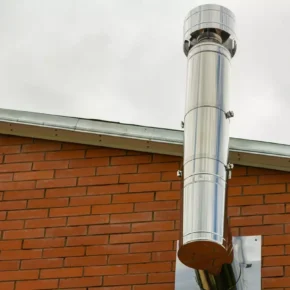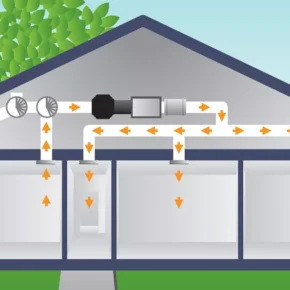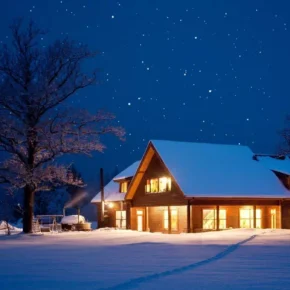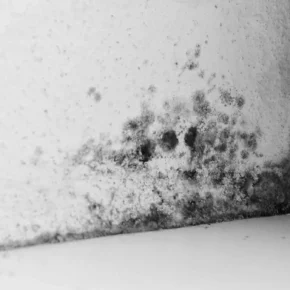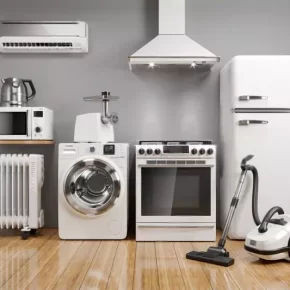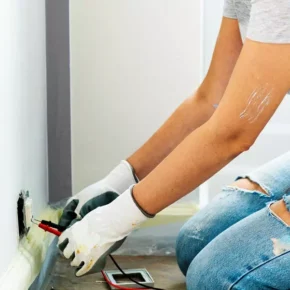The winter season can bring many challenges for water supply and sewage systems in homes. Freezing pipes, possible bursts, and low water pressure are just a few of the problems you may encounter.
To prevent them, it is important to prepare water pipes and sewers for low temperatures in advance.
1. System overview
Checking the water supply and sewage system will help identify problems before the onset of frost. Here’s what you should do:
- Check for leaks . The smallest cracks or micro-cracks in pipes can cause serious damage when the water freezes.
- Make sure the connections are reliable . If the pipes or connections are weak, there is a risk of their rupture.
- Check external pipelines . Outdoor water pipes are particularly vulnerable, so you should pay special attention to them.
2. Insulation of pipes
Insulating pipes will help preserve heat and reduce the risk of water freezing. Warming options:
- Thermal insulation materials . There are special insulations for pipes on the market – mineral wool, foamed polyethylene, thermal insulation jackets. The choice of material depends on the location of the pipes.
- Electric cable . Heating cables for pipes prevent water from freezing, maintaining the required temperature. It is recommended to use them for the most vulnerable pipes, for example, outdoors.
- Protection of open areas . Particular attention should be paid to pipes in basements and uninsulated rooms, because this is where the risk of freezing is greatest.
3. Draining water from external taps and hoses
Water left in outdoor faucets and hoses can freeze and damage pipes. To avoid this:
- Drain the water from all external faucets . After turning off the water supply, drain the remaining water from the taps to avoid the risk of freezing.
- Disconnect the hoses . Hoses should be disconnected and stored in a warm room until spring.
- Block access to external faucets . If possible, it is worth blocking access to water from external taps for the winter.
4. Maintenance of the sewage system
The sewage system also needs preparation. Follow these tips:
- Regular cleaning . Before winter, it is important to clean the sewer pipes in order to avoid their contamination.
- Thermal insulation of sewage pipes . External sewer pipes also need insulation, as a drop in temperature can lead to the formation of ice.
- Prevention of sewage clogging . In winter, you should avoid draining large volumes of fat, which can harden in the pipes when cooled.
5. Use of antifreeze for pipes
For external pipelines, which are used even in winter, you can apply antifreeze intended for plumbing systems. This reduces the risk of ice formation in pipes.
6. Temperature control in the house
The constant temperature in the room also affects the safety of pipelines:
- Maintain the minimum temperature . You should maintain a minimum temperature of 5-10°C in the house, even if you are planning a trip.
- Close the ventilation holes . If you have ventilation that opens into the basement, you should close it for the winter to avoid drafts.
- Ventilate regularly . In unheated rooms where pipes pass, it is important to ventilate periodically to prevent moisture accumulation.
7. Installation of emergency equipment
To increase the protection of the water supply in winter, it is recommended to install:
- Water flow control system . It will automatically shut off the water supply in the event of a leak.
- Temperature and pressure sensors . Sensors will help monitor changes in the system and detect the danger of freezing or loss of pressure in advance.
- Heating cable with thermostat . If you use heating cables, choose models with a thermostat that automatically turns on when the temperature drops.
Additional tips to prevent winter problems
- Check the water tank . If you have a tank, make sure it is protected from frost as well.
- Regular technical inspection . A preventive inspection of the water supply and sewage system will reveal potential problems.
- Do not forget about replaceable parts . Gaskets, seals and other small elements often become a weak point in the system. Replacing them with new ones will help to avoid problems.
Preparation of water supply and sewerage for winter requires attention and early action. Carrying out simple measures for thermal insulation, draining water, cleaning sewer pipes and installing additional equipment will ensure reliable operation of the system even during severe frosts.

